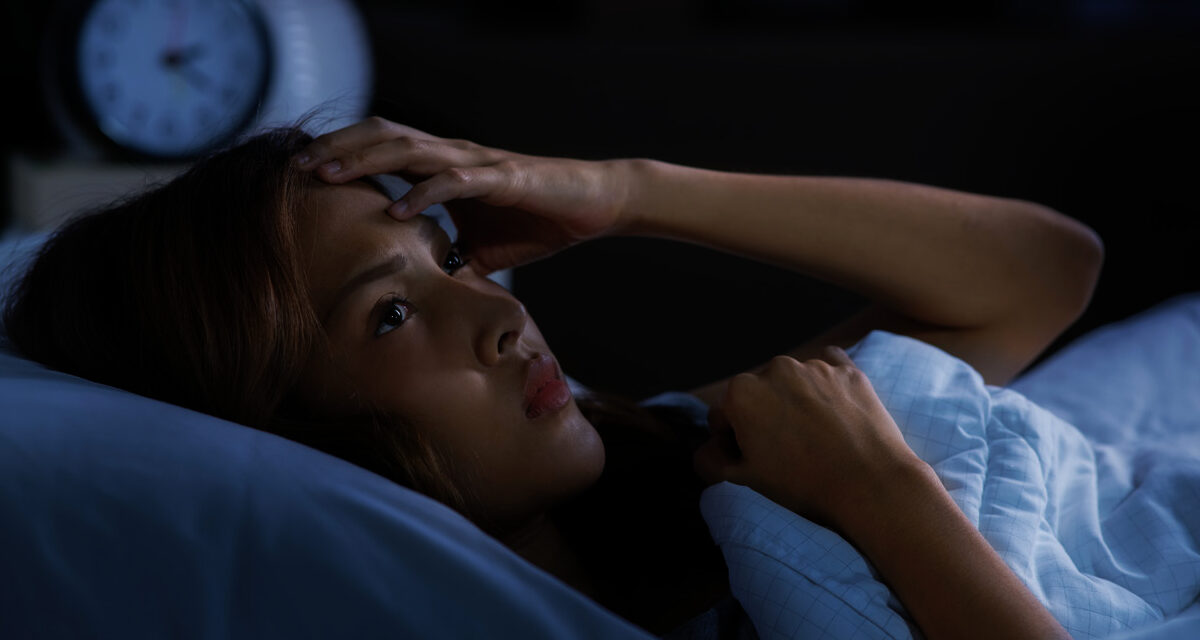The American Academy of Sleep Medicine recommends adults consistently achieve seven hours of sleep every night to foster optimal health, productivity, and daytime alertness. Getting this amount of sleep ensures the body experiences the four sleep stages, including Non-REM and REM sleep.
During the N3 stage of sleep, the brain waves slow down and allow the lymphatic system to clear away toxins. Sleep deprivation inhibits this process from happening, which means sticky proteins can develop into plaques on the brain. A buildup of that can lead to Alzheimer’s disease.
Sleep deprivation is simply defined as insufficient sleep. Acute sleep deprivation may last a few days. The Academy of Sleep Medicine refers to chronic sleep deprivation as insufficient sleep syndrome. Sleep deprivation can cause a host of health issues including but not limited to abnormal blood glucose, immunodeficiency, exacerbation of pain, mood changes, cardiovascular issues, hormonal abnormalities, and weight changes.
Sleep deprivation can impact quality of life by inducing lack of energy, lapses in memory, and decreased productivity. It can also progress the internal and external signs of aging. The greatest risk factor of sleep deprivation is mortality, or death.
Sleep health is a pillar of wellness that must be practiced consistently. How you spend your awake time impacts your sleep time. To improve your sleep health, first determine if there is an organic or inorganic problem.
Examples of organic problems may include:
- Sleep disordered breathing
- Narcolepsy
- Anxiety
- Chronic pain
- Kidney disease
Examples of inorganic problems may include:
- Daytime napping
- Unregulated sleep schedule
- Looking at screens prior to bedtime
If you’re having trouble with sleep, the best option is to have a sleep evaluation. However, you can consider the following tips to improve sleep:
- Expose yourself to bright light upon awakening to improve alertness.
- Engage in physical activity throughout the day.
- Develop a regulated sleep schedule and do not nap outside of that.
- Limit screen time and blue light exposure at least one hour prior to bed.
To schedule a sleep evaluation, contact the Neurology Clinic Sleep Center. Our staff of board-certified and licensed sleep specialists, led by Joshua J. Lennon, MD, is here to serve you with complete in-lab testing, Home Sleep Tests sent directly to patients, telemedicine consults, and prescribed sleep equipment available directly from our office.
Danielle Avery is a Family Nurse Practitioner who specializes in sleep medicine at The Neurology Sleep Center. She earned a Doctor of Nursing Practice and Master of Clinical Nurse Leader from The University of Tennessee Health Science Center. She has specialized in obesity medicine, metabolic disease, general neurology, and infectious disease. Danielle aims to improve patient care and outcome by increasing wellness knowledge regarding the seven pillars of health. She holds a great passion for exercise science, nutrition, sleep health, and the fight against HIV/AIDS.







